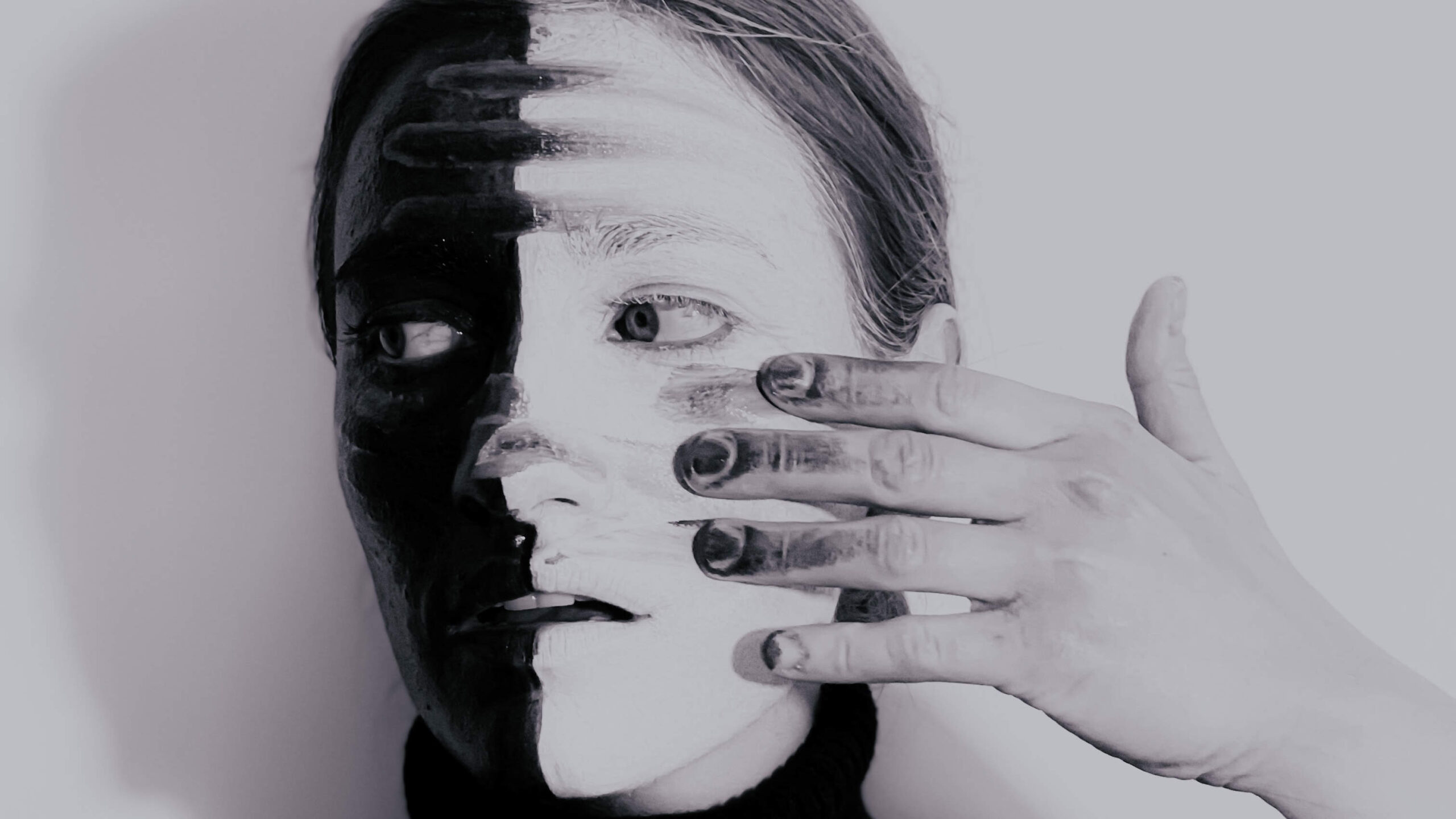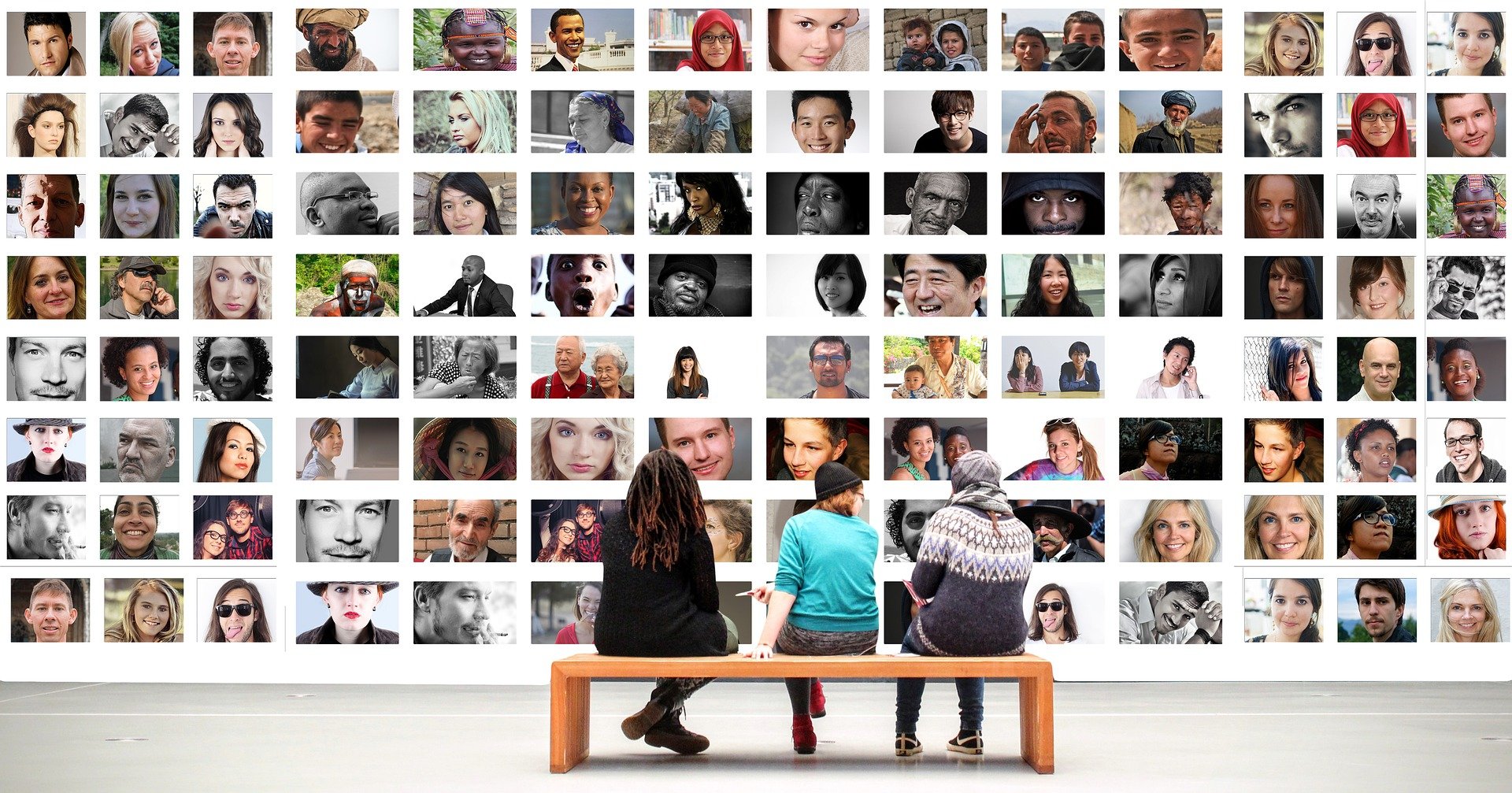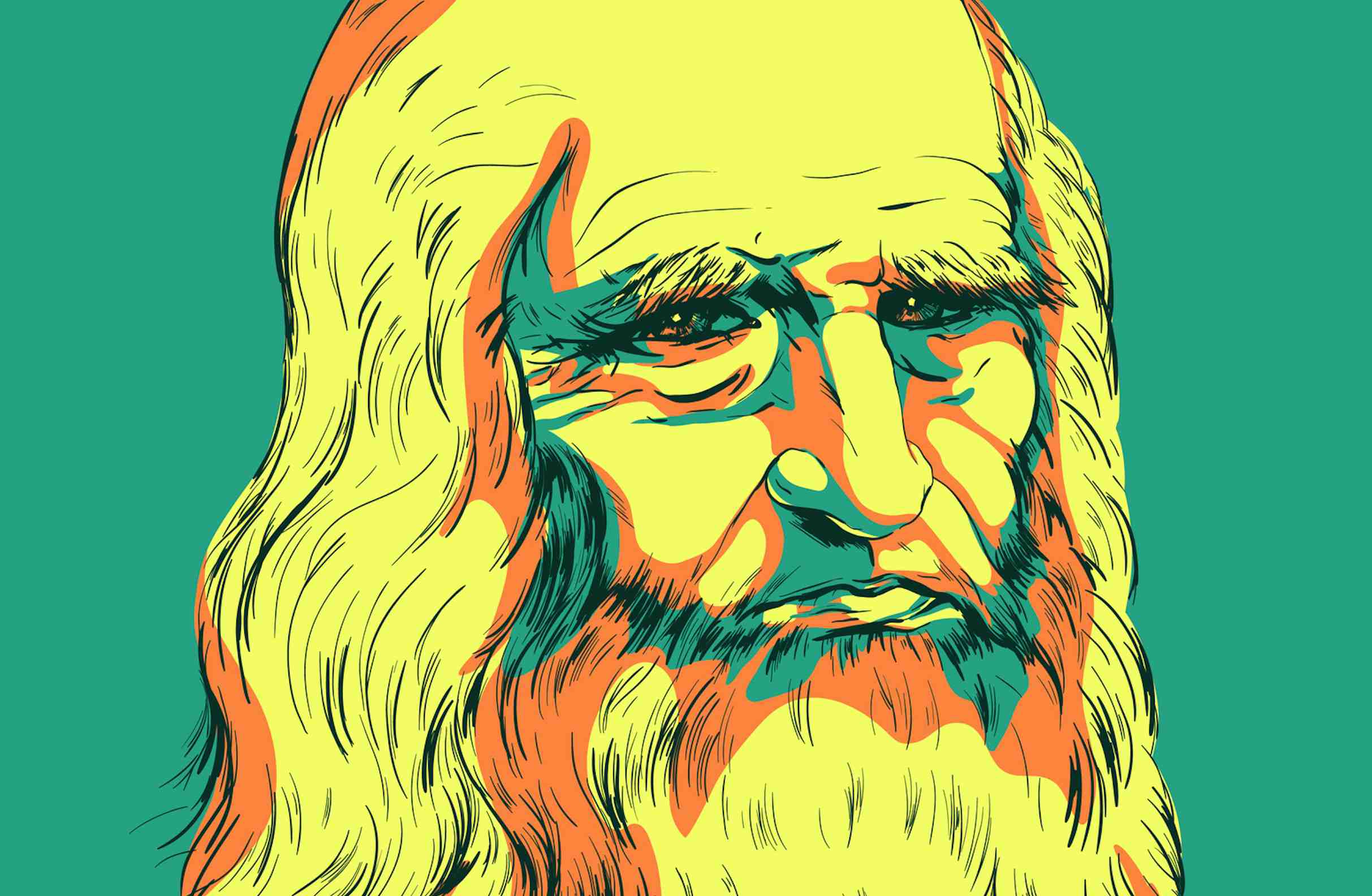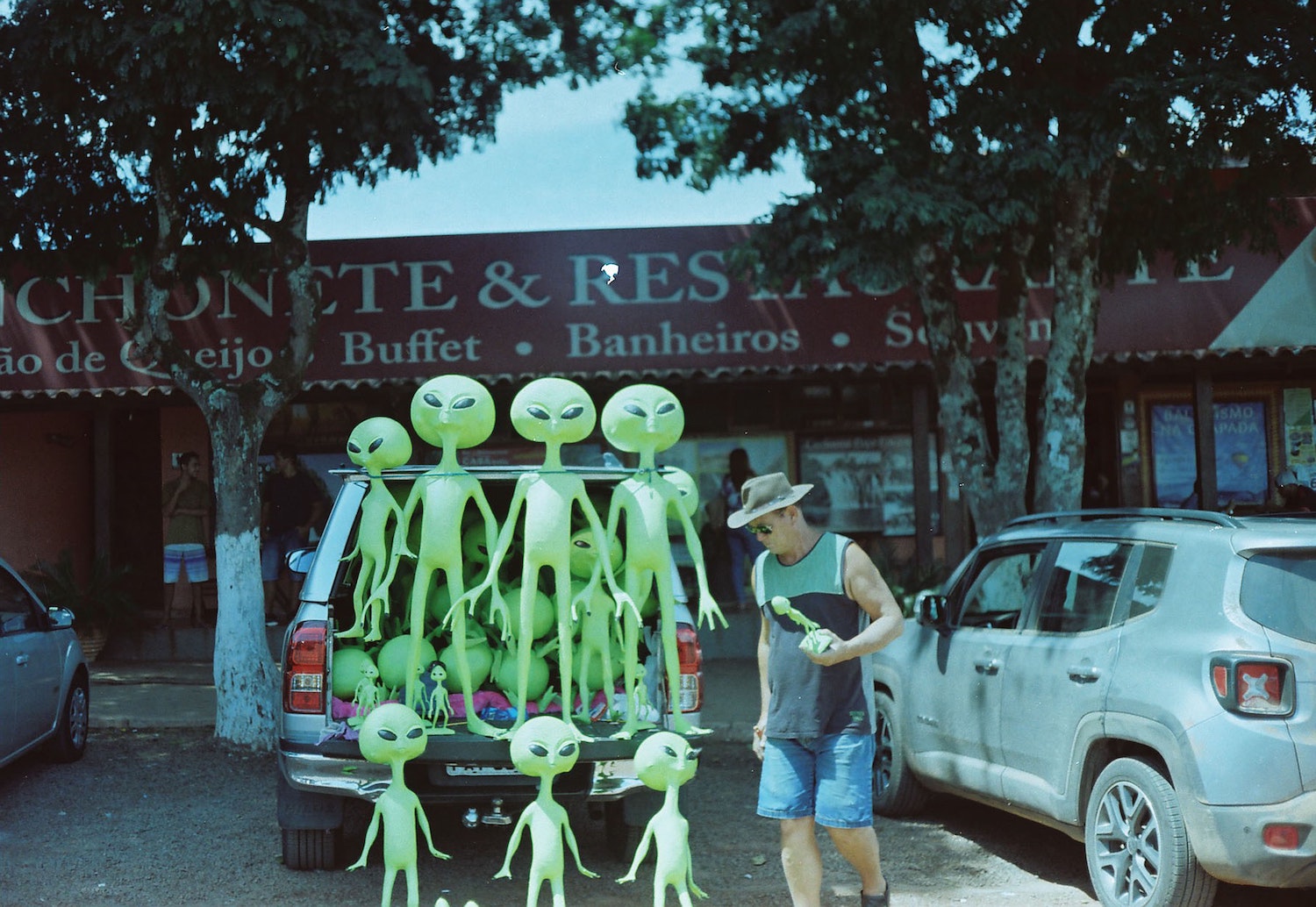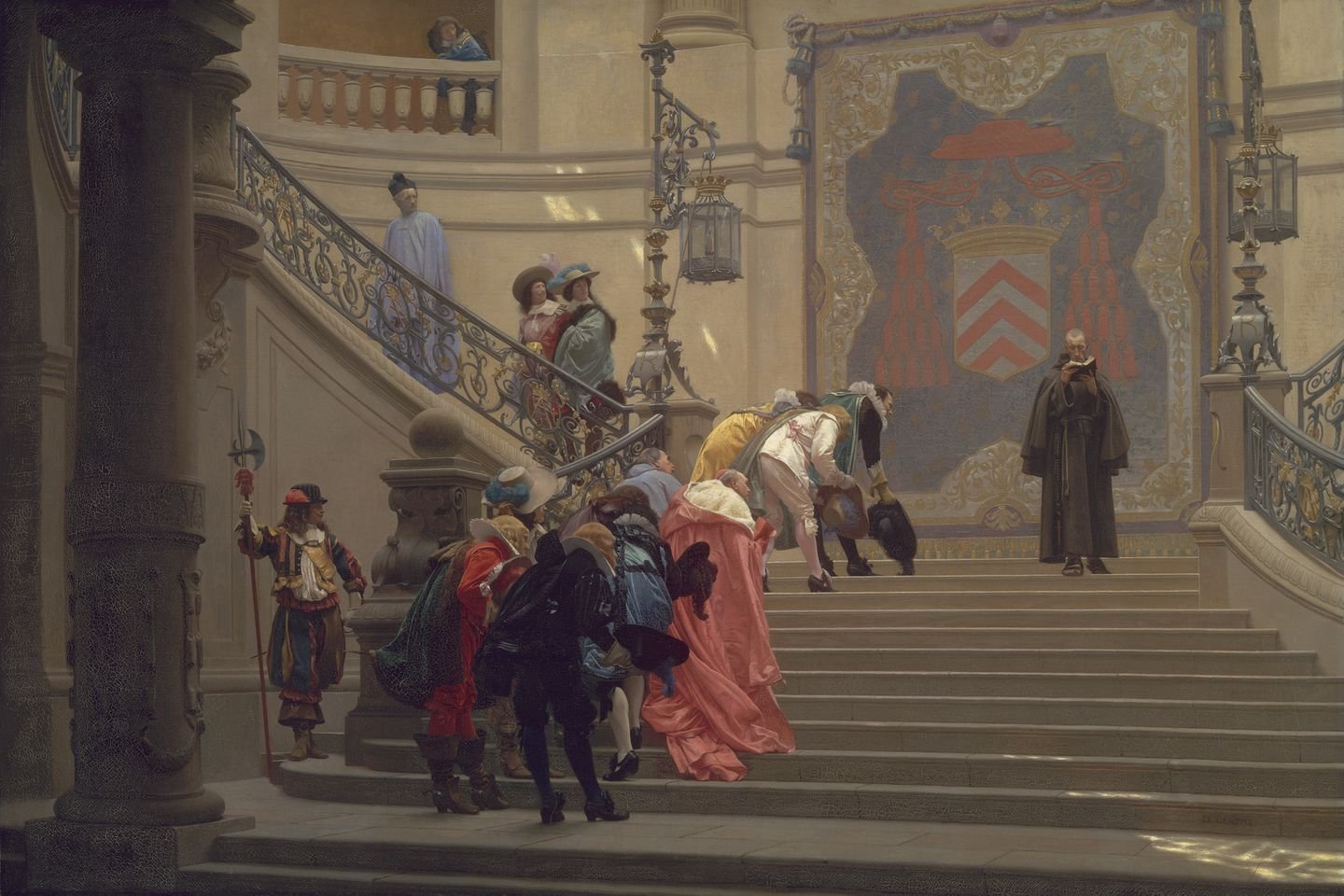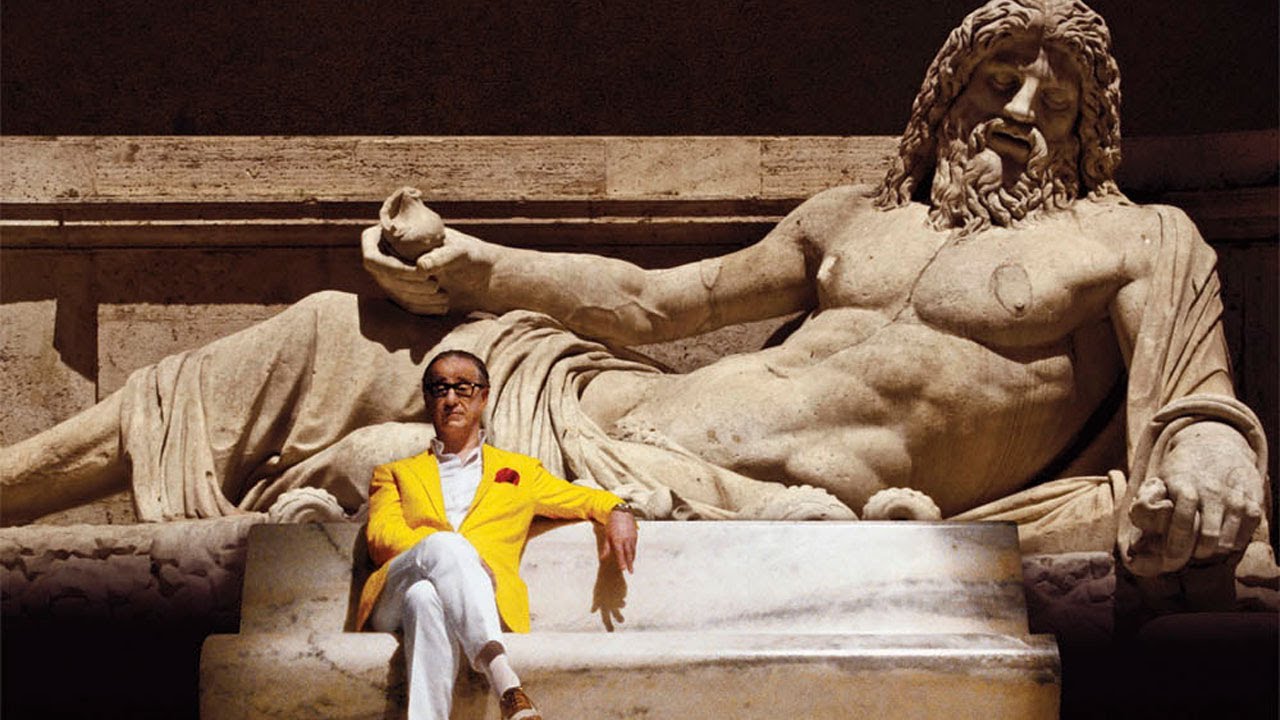The Gift, Creativity and the Artist in the Modern World
OnlineMatt Groh and Bill Powers host a discussion of the book The Gift: Creativity and the Artist in the Modern World and explore how gifts and gift giving are at the core of creativity in art, science, and beyond. What distinguishes art from commodities? 42 years ago, Lewis Hyde's The Gift argued that the work of…


